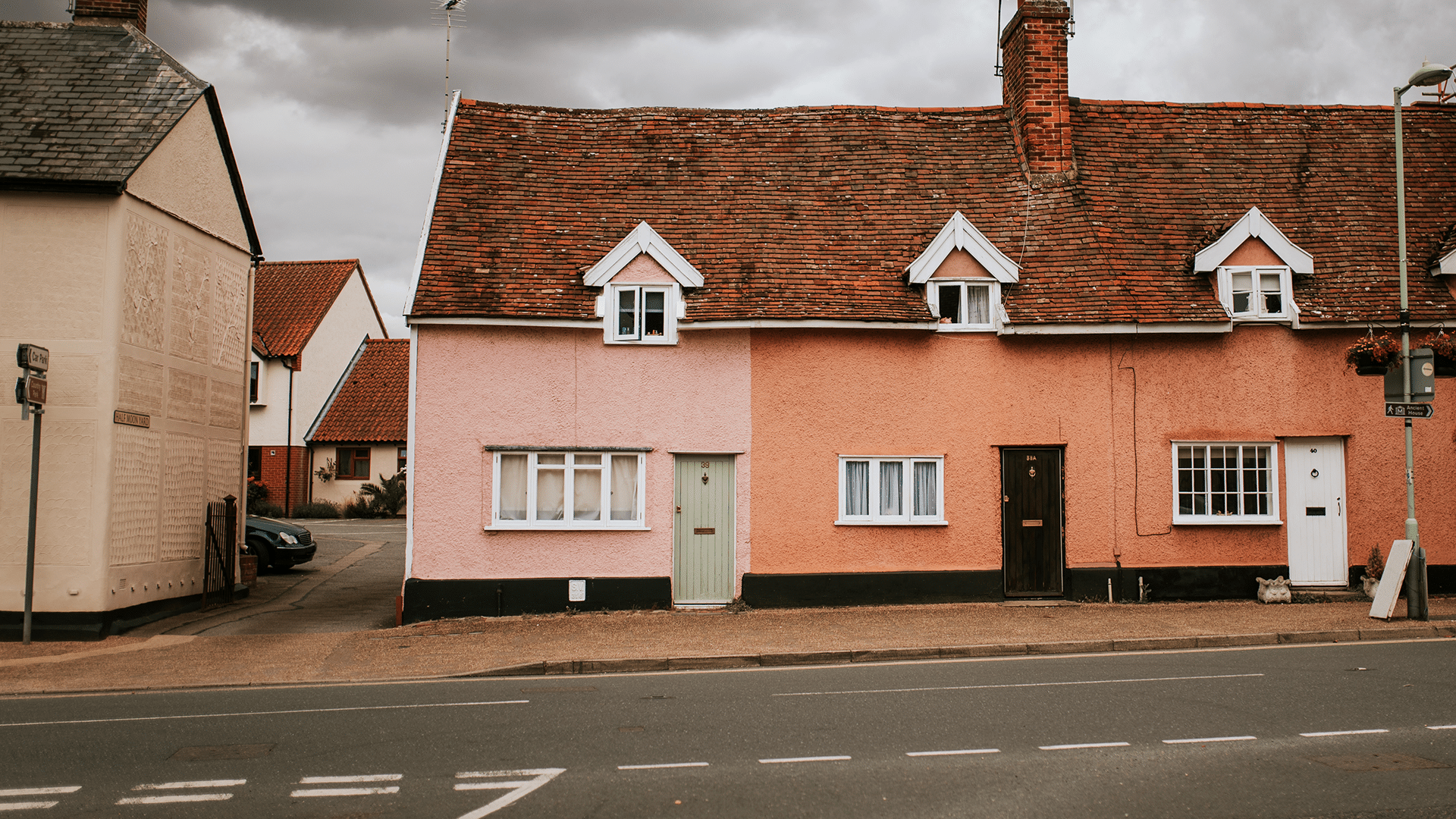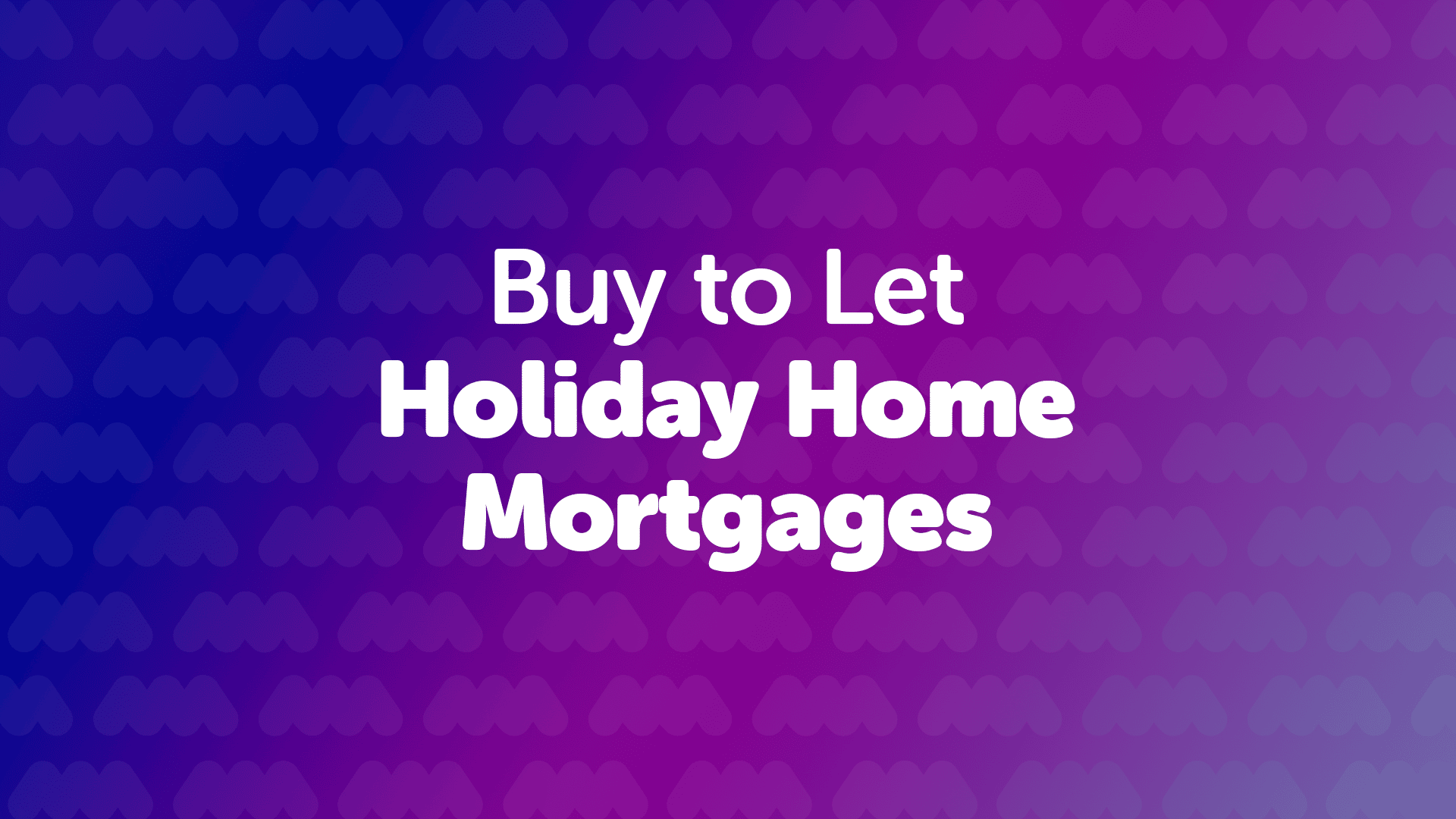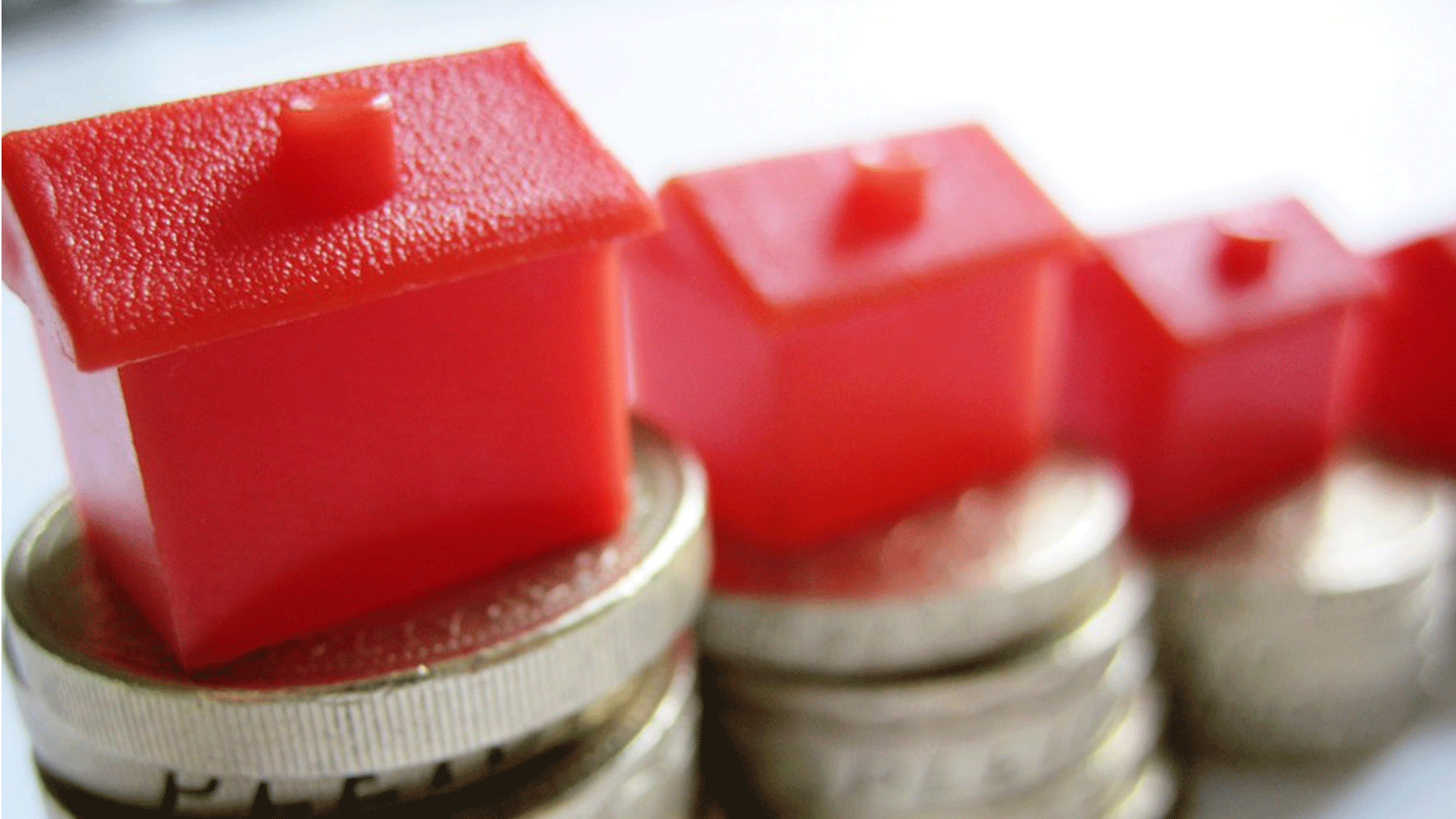Mortgage Advice in Essex
Regardless of whether you are a first time buyer in Essex looking to make that initial jump onto the property ladder, or are going through the process of moving house in Essex, it will soon become apparent that there are multiple different types of mortgage available to customers.
Some options are a little more popular than others and some are quite hard to come across. We put together a list of mortgage types we find that we encounter the most frequently and that you will likely come across in your search for a mortgage. You will also see each section accompanied by one of our MoneymanTV episodes, which we hope you will find very useful ahead of the mortgage process.
We have a collection of Helpful Mortgage Guides on moneymanTV here, as well as our “Mortgages Explained” playlist here.
What is a Fixed-Rate Mortgage?
A fixed-rate mortgage means that your mortgage payments, for a specific period of time, will stay the same, giving some consistency to your process. The length of your fixed payments is completely your choice, with generally homebuyers choosing common lengths of anywhere around 2, 3 or 5 years or longer.
Regardless of any changes to inflation, interest rates or the economy you can rest easy knowing that your mortgage payment, often your single biggest outgoing, will not drastically change, giving you some normality.
What is a Tracker Mortgage?
A tracker mortgage means that the interest-rate of your mortgage will follow the base rate of the Bank of England. What this means is that the lender that you are with do not choose interest-rate and neither will you. Instead, you will be paying a percentage above the Bank of England base rate, something which can change slightly. A prime example of this, is if the base rate is 1% and you are tracking at 1% above base rate, that means you will be paying a rate of 2% on interest.
What is a Repayment Mortgage?
When you take out a repayment mortgage you will be paying back capital and interest combined each month of your term. So long as you keep your payments going for the full length of the mortgage term, you will be guaranteed to have your mortgage balance paid off by the end, with the property then becoming yours to own.
In regards to mortgage payments, this is considered to be the most risk-free way to pay your capital back to the mortgage lender. Early on into your mortgage term, you will primarily be paying back the interest portion of the payments, and your balance will start to go down really slowly. This is especially the case if you have taken out a longer term of around 25, 30 or more.
Where this changes for you, is when it comes to the last ten years or so of your mortgage. Your monthly mortgage payments will be more capital than interest, with the balance coming down much faster.
What is an Interest-Only Mortgage?
Whilst many modern day buy-to-let mortgages are set up on an interest-only basis, you’ll find it a lot harder trying to get a residential property on the same basis. The likelihood of a mortgage lender offering an interest-only product to customers these days is not very high, though in some cases it is possible.
Situations where this might apply to a customer include downsizing when you are older or have other investments that can be used to pay back the capital. Lenders have strict rules when it comes to offering these products now and the loan to values are a lot lower than they used to be back in the day.
What is an Offset Mortgage?
With an offset mortgage, the lender will set you up a savings account that will function alongside your mortgage account. The way that this works is that, for example, let’s say you have a mortgage balance of £100,000 and £20,000 is deposited into your savings account, you only pay interest on the difference between this, which in this case is £80,000. This can be a very efficient way of managing your finances, especially if you pay a higher rate of tax usually.
Date Last Edited: December 6, 2023













